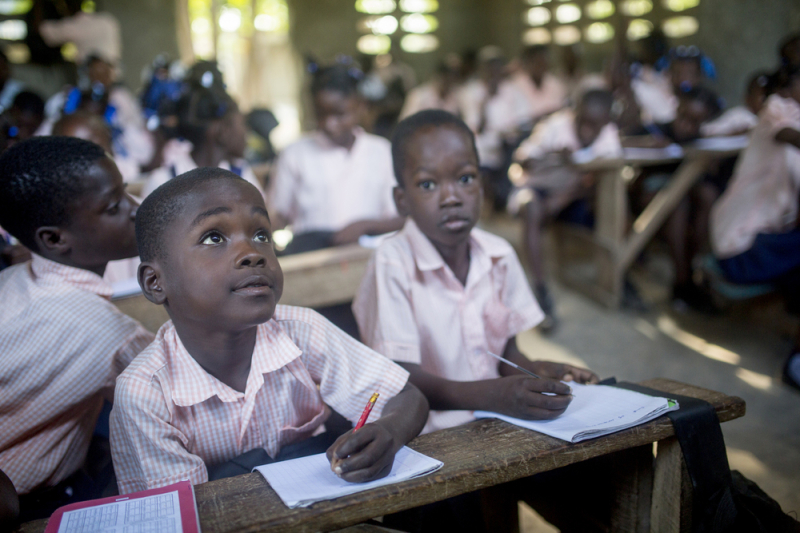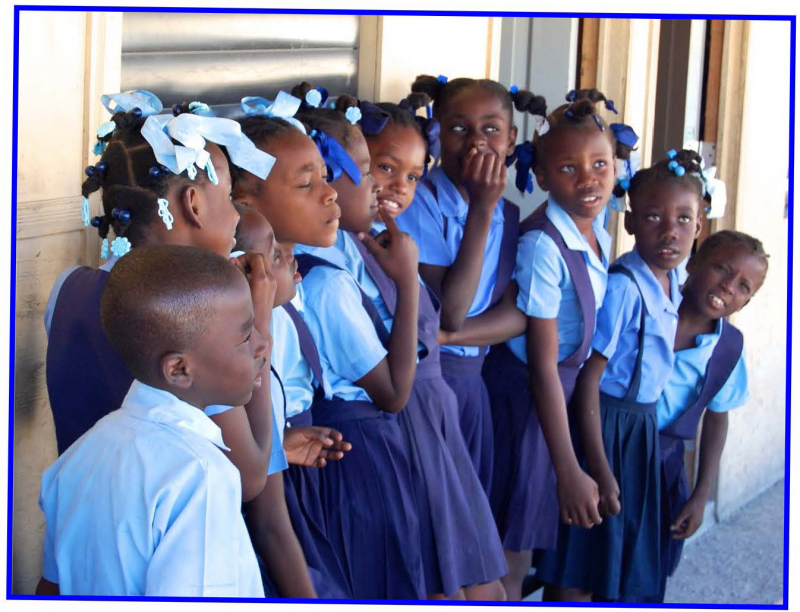Language
St Vincent became a British colony in 1763 and gained full independence in 1979. The years of British colonialization facilitated the use of English, which persisted even after independence. The country's proximity to the Americas contributes to the language's popularity. English is spoken by approximately 400,000 people in the country, and it is the primary medium of instruction from primary to tertiary institutions. English is also widely used in the media, from visual to audio to print. The language is also used in religious and government functions. This can be considered as one of the Unique Cultural Characteristics In Saint Vincent and the Grenadines that you should know.
Vincentian Creole is an English-lexified creole language spoken in St. Vincent and the Grenadines. Spanish, Antillean Creole, French, and Portuguese have all influenced Creole. The language was also influenced by African languages that arrived on the islands via slave trade, as well as native Garifuna languages. Throughout history, the language has become more English-based.
The French were the first European powers to settle in St. Vincent, where they established Carib communities. The islands were then granted to the British through treaties, but the French regained control of them from 1779 to 1783. A subset of islanders, particularly those of European ancestry, speak French Patois. The French Patois spoken in Saint Vincent and the Grenadines combines French and African grammar with Spanish and English loan words.









